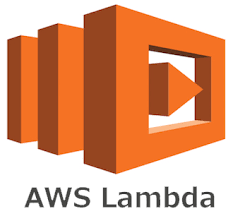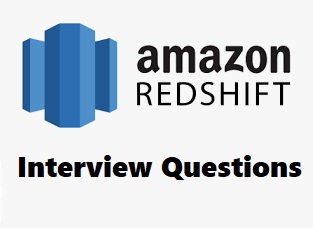50. How will I be charged for using Lambda extensions?
Extensions share the same billing model as Lambda functions. When using Lambda functions with extensions, you pay for requests served and the combined compute time used to run your code and all extensions, in 100ms increments. You will be charged for compute time as per existing Lambda duration pricing.
51. When should I use Lambda@Edge?
Lambda@Edge is optimized for latency sensitive use cases where your end viewers are distributed globally. All the information you need to make a decision should be available at the CloudFront edge, within the function and the request. This means that use cases where you are looking to make decisions on how to serve content based on user characteristics (e.g., location, client device, etc) can now be executed and served close to your users without having to be routed back to a centralized server.
52. Can I deploy my existing Lambda functions for global invocation?
You can associate existing Lambda functions with CloudFront events for global invocation if the function satisfies the Lambda@Edge service requirements and limits.
53. How is AWS Lambda@Edge different from using AWS Lambda behind Amazon API Gateway?
The difference is that API Gateway and Lambda are regional services. Using Lambda@Edge and Amazon CloudFront allows you to execute logic across multiple AWS locations based on where your end viewers are located.
54. Can I associate more than one Amazon EFS file system with my AWS Lambda function?
No. Each Lambda function will be able to access one EFS file system.
55. Can I use the same Amazon EFS file system across multiple functions, containers, and instances?
Yes. Amazon EFS supports Lambda functions, ECS and Fargate containers, and EC2 instances. You can share the same file system and use IAM policy and Access Points to control what each function, container, or instance has access to.
56. What is AWS Lambda Extensions?
AWS Lambda Extensions (Preview) lets you integrate Lambda with your favorite tools for monitoring, observability, security, and governance. Extensions enable you and your preferred tooling vendors to plug into Lambda’s lifecycle and integrate more deeply into the Lambda execution environment.








